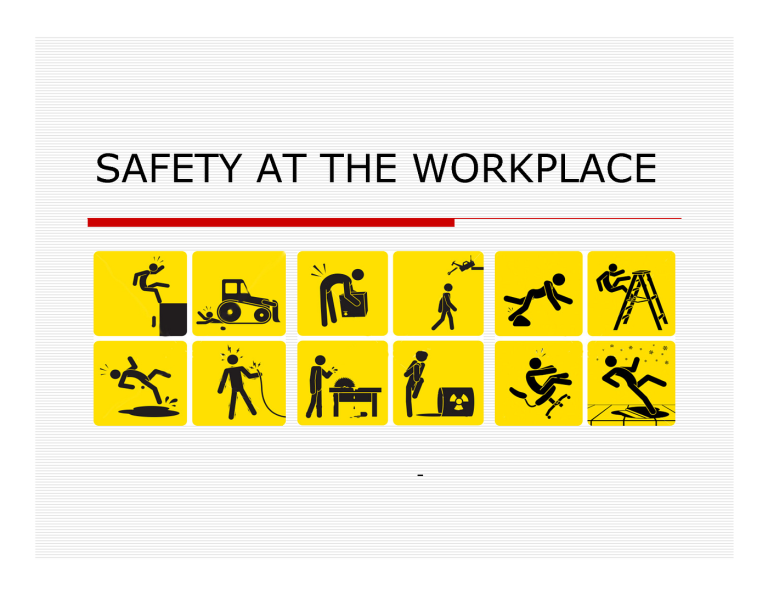It’s no secret that AI is currently revolutionizing businesses. And while it’s used in many ways, cybersecurity is one of the top ways businesses use AI.
And perhaps there is no department where cybersecurity is more important than human resources (HR). After all, HR holds the personal data of literally all the business’s employees.
In this article, we’ll go through how AI can help HR departments make onboarding a faster, more secure process.
The Security Risks of Onboarding
Onboarding is a critical phase in the employee lifecycle.
Sensitive information—such as personal identification, financial details, and corporate credentials—is transferred between the organization and the new hire.
Because of this, the onboarding process is an incredibly attractive target for cybercriminals.
Cybercriminals can attack your company through its onboarding process in a myriad of ways. But, in the worst-case scenario, they can even infiltrate your company completely as a fake employee.
Here’s how it typically goes.
- Data Breaching
Storing or transmitting sensitive information through insecure, unencrypted methods can easily be intercepted or leaked. - Identity Fraud
And the stealing of such data, combined with weak identity verification processes, will make it easy for cybercriminals to impersonate candidates. - Fake Hire
With the stolen identity details (including things like their credentials), the cybercriminal undergoes the hiring process. And if they get hired, they are now in a prime position to sabotage the company from within as an employee.
Of course, most companies are aware of these and try to mitigate these risks. However, too many of them are still using traditional methods that rely on manual processes.
These are not only time-consuming but also prone to human error.
How AI Strengthens Security in Onboarding
With its ability to analyze data and recognize patterns in a heartbeat, AI can be used in various ways to protect the hiring process:
1. Enhanced Identity Verification
AI can authenticate candidate identities with precision that human beings cannot match with manual methods.
For example, AI-powered biometric systems (facial recognition, fingerprint scanning, etc.) can ensure that the person applying for a position is who they claim to be.
It can also check official documents like passports or driver’s licenses for authenticity for subtle signs of forgy that might escape human scrutiny.
2. Fraud Detection Algorithms
With its advanced pattern recognition abilities, it can also detect inconsistencies in the data candidates are presenting.
For example, inconsistencies and contradictions in resumes, employment histories, or educational credentials can be spotted by AI within seconds. It can also cross-reference these details with publicly available data in the process.
Human beings will have to sit down for a good long while to achieve the same result.
3. Secure Data Handling
AI programs now have robust encryption abilities. They can encrypt sensitive information during transmission and storage, ensuring that only authorized personnel have access.
It can also automatically monitor data access patterns and raise alerts if it detects unusual or unauthorized activity.
4. Risk Profiling
AI can even do advanced background checks. They can analyze the digital footprint of new hires through natural language processing (NLP) algorithms.
Through this, their social media profiles or public records can be analyzed for red flags, such as affiliations with extremist groups or a history of unethical behavior.
5. Automated Compliance Checks
Legal compliance is one of the biggest headaches for a business.
AI can simplify legal compliance by automating compliance checks, ensuring that your business completely follows regulations like the GDPR or CCPA.
The Benefits of an AI-Enhanced Onboarding Process
Aside from strengthening your cybersecurity, AI brings with it a whole host of other benefits, including:
Efficiency and Speed
With AI handling repetitive processes like document verification or compliance checks, the HR team can focus on more strategic responsibilities (things that require human capability for nuance).
Improved Candidate Experience
First impressions matter—and a smooth, streamlined onboarding process can wow new hires immediately. For example, AI chatbots can provide real-time assistance to candidates, guiding them through each step and addressing any questions they have in an instant.
Cost Savings
Data breaches are not just dangerous—they’re incredibly, incredibly costly! For example, Yahoo! had to pay $117.5 million after their data breach scandal from 2013-2016.
Scalability
Onboarding needs can get complex, especially for more advanced roles or if the company is growing in general.
AI’s ability to handle and analyze large volumes of data efficiently can be of massive help when companies try to scale.
Implementing AI in Onboarding: Best Practices
As amazing as AI is, it’s just a tool at the end of the day. It’s not magic—the magic lies in how it is used.
For organizations looking to integrate AI into their onboarding processes, following these practices can help maximize the technology’s potential:
1. Choose the Right Tools
There are now a wealth of AI-powered tools and services out there. Choose the tools that are specifically tailored to your needs, whether that’s identity verification, fraud detection, or compliance automation.
2. Ensure Transparency
Be upfront with candidates about how their data will be used and protected via AI. This not only fosters trust, it also ensures compliance with privacy laws.
3. Train HR Teams
AI is a brand-new technology, and many HR teams may have little to no idea how to use it properly. So, make sure to train your HR staff with the AI tools you plan to integrate. This should include understanding how to interpret AI-generated insights and addressing any flagged issues.
4. Regularly Update Systems
And because AI is a new technology, updates to AI programs are constantly arriving. These not only bolster their defense against new, emerging security threats but also adapt to new regulations and enhance performance in general.
5. Monitor for Bias
AI can generate insights based on the data it has analyzed before. So, it can be biased in favor of such data, which could unfairly impact the hiring process. This is why it’s important that human oversight remains—and that HR staff know how to interpret AI-generated insights with nuance.
6. Use with VPNs
Use virtual private networks (VPNs) with AI to double your HR team’s cybersecurity strength. You can learn more about VPNs at Surfshark’s website.
The Future of Secure Onboarding
Companies that use AI wisely to build resilient and future-proof workplaces will get ahead of the curve. Consider this: employees who know their data is secure are employees who can focus on working productively and efficiently.
After all, your employees are your most important resource. To protect your employees’ data is to protect them, which in turn protects your business.
Guest writer


























